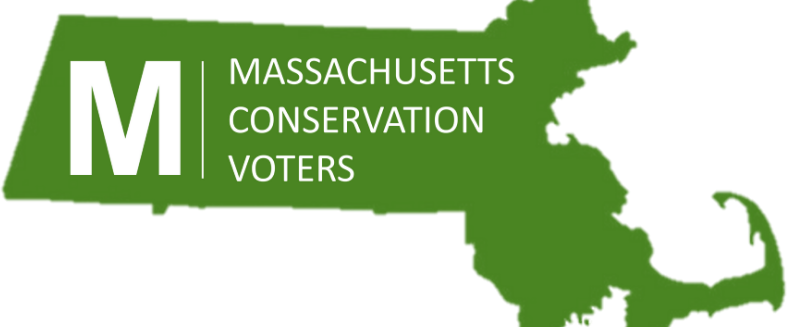Parklands Under Assault
By Chuck Anastas | March 6, 2024
Neighborhoods in and around Franklin Park – Roxbury, Mattapan, Dorchester, and Jamaica Plain, have experienced an assault on their recreational facilities and parklands over the last five years. It began with the disastrous attempt by the state under the Baker Administration to replace the Lemuel Shattuck Hospital, formerly a part of Franklin Park, taken by the state legislature in 1949.
After presenting a redevelopment of the facility on former parkland, the Division of Capital Asset Management accepted a proposal five times larger than originally proposed – a move since stayed by Governor Healey but not yet rescinded.
Also, the Baker Administration placed small temporary cottages on the Shattuck Hospital land abutting Franklin Park to offer emergency cottage-like-housing and addiction services during the worst months of Boston’s homeless crisis to help alleviate the tent city that sprung up on the corner of Massachusetts Avenue and Melnea Cass Blvd. More than a year later the cottages are still there.
Last month, the Department of Conservation and Recreation’s (DCR) Melnea Cass Recreation Center in Roxbury became a temporary shelter for migrants. Governor Maura Healey and Boston Mayor Michelle Wu promised the center would return to neighborhood use in May. The governor and mayor are public park and recreational proponents, so we have every reason to believe this is temporary. We wait.
Add to these incursions on the public’s ability to use public open spaces and facilities the redevelopment proposed for White Stadium in Franklin Park by the City of Boston and the Professional Women’s Soccer League.
That’s a lot of pressure on one area’s public lands.
Franklin Park is part of the Emerald Necklace, an internationally recognized linear park designed in the late 19th Century by Frederick Law Olmsted to offer Bostonians the public health benefits of open space and flood protection. Franklin Park is the crown jewel at its eastern end, though not always treated as such. Ten times the size of Boston Common, it is the city’s largest public park.
Due to persistent questioning and resistance to the plan by the Coalition for Region-Wide Services (CORES), the Franklin Park Coalition, Louis Elisa, and the Garrison-Trotter Neighborhood Association, as well as a host of public park activists from the neighborhoods that use and depend on this open space, the Emerald Necklace Conservancy last week sued the City of Boston, the Trustees of the George White Fund, and the Boston Unity Soccer Partnership, LLC. for attempting to circumvent its Article 80 process as well as the state’s Article 97 open space conversion process as set out in the Public Lands Preservation Act (PLPA), signed into law by then Gov. Baker in 2022. Article 80 mandates a process to review large projects’ impact on resources and neighborhoods, while the PLPA sets out a process that proponents of projects that will repurpose public open space must follow to comply with state law and the state Constitution. The proposal to allow the Women’s Professional Soccer League team to redevelop White Stadium for its use must adhere to both processes to comply with current state and city law.
Mass Conservation Voters (MCV) supports public-private partnerships because they are necessary to rebuild and bring our park system into the 21st Century. But this kind of partnership gives the term a bad name.
Article 97 prevents our public parklands from converting to private use without a public process – and there are many examples of such attempts. Doug Pizzi, formerly of MCV and now Executive Director of Mass Parks for All, led the opposition to Waste Management’s efforts to circumvent public review of their secret plan to take a piece of Leominster State Forest to expand its Fitchburg landfill operation. Whitney Hatch, then Chair of the DCR Stewardship Council, along with MCV, opposed the expansion into state parkland, and it withered away under public scrutiny.
What is essential is that no private entity goes around the public to steal parkland the public paid for and owns. Some see this process as a roadblock in the way of progress, rife with delay and NIMBYism. But in reviewing this project on the heels of other pressures the city and the state have put on recreation and open space in this area, NIMBYism is far from a factor.
The Emerald Necklace Conservancy and the residents in and around Franklin Park are not as well-heeled as other park organizations and neighborhoods in Boston. There aren’t limitless, deep pockets stepping up to pay for the lawyers needed to file and successfully win a suit against the city.
MCV supports their effort without reservation.
We ask that you do, too. If you live in Boston and haven’t already done so, please contact your city councilors, the mayor, and the Boston legislative delegation and ask them to honor the city’s Article 80 process and the letter of the law under the Public Lands Preservation Act. If you don’t live in Boston, take a moment to consider the assault visited upon these neighborhoods’ iconic parklands. Please ask your legislators to oppose any attempt to fast-track this project.
Chuck Anastas, Chair
Massachusetts Conservation Voters
